The Nobel Prizes in the exact sciences are awarded annually by the Royal Swedish Academy of Sciences and the Karolinska Institute in Sweden to exceptional individuals whose research, actions, and discoveries represent invaluable contributions to the advancement and well-being of Humanity.
Harvey J Alter, has been designated a Distinguished NIH Investigator, only one of 23 NIH scientists to hold that distinction. In his long career in clinical research, Dr. Alter has played a key role in the discovery of two hepatitis viruses, namely hepatitis B virus (HBV) and the non-A, non-B virus, later designated the hepatitis C virus (HCV). In long-term prospective studies, Alter helped define the natural history of NANB/HCV infection and proved its frequent progression to chronic hepatitis and its evolution to cirrhosis and liver related mortality. Dr. Alter was principal investigator in sequential prospective studies of transfusion-associated hepatitis (TAH) that were instrumental in influencing national blood policy and documented the progressive decline of TAH incidence from 33% in the 1960s to near zero in 1997. Millions of cases of TAH have been prevented through interventions documented in these studies. For these studies, Dr. Alter has been awarded the PHS Distinguished Service Medal, the AABB Landsteiner Prize, the First International Medal for Science from France’s INSERM, the American College of Physicians (ACP) Award for Outstanding Work in Science, and the Distinguished Achievement Award of AASLD. For his cumulative research accomplishments, Dr. Alter was elected to fellowship in the American Association of Physicians and received the prestigious Clinical Lasker Award and the Canada Gairdner International Award. He was elected to both the National Academy of Sciences and National Academy of Medicine and achieved Master status in the ACP. In 2020, Alter was awarded the Nobel Prize in Physiology and Medicine.
Professor Harvey J. Alter will trace the discovery of the non-A, non-B agent, its clinical consequences, its cloning and renaming to hepatitis C virus (HCV), its curative treatment and the eradication of transfusion-associated hepatitis.
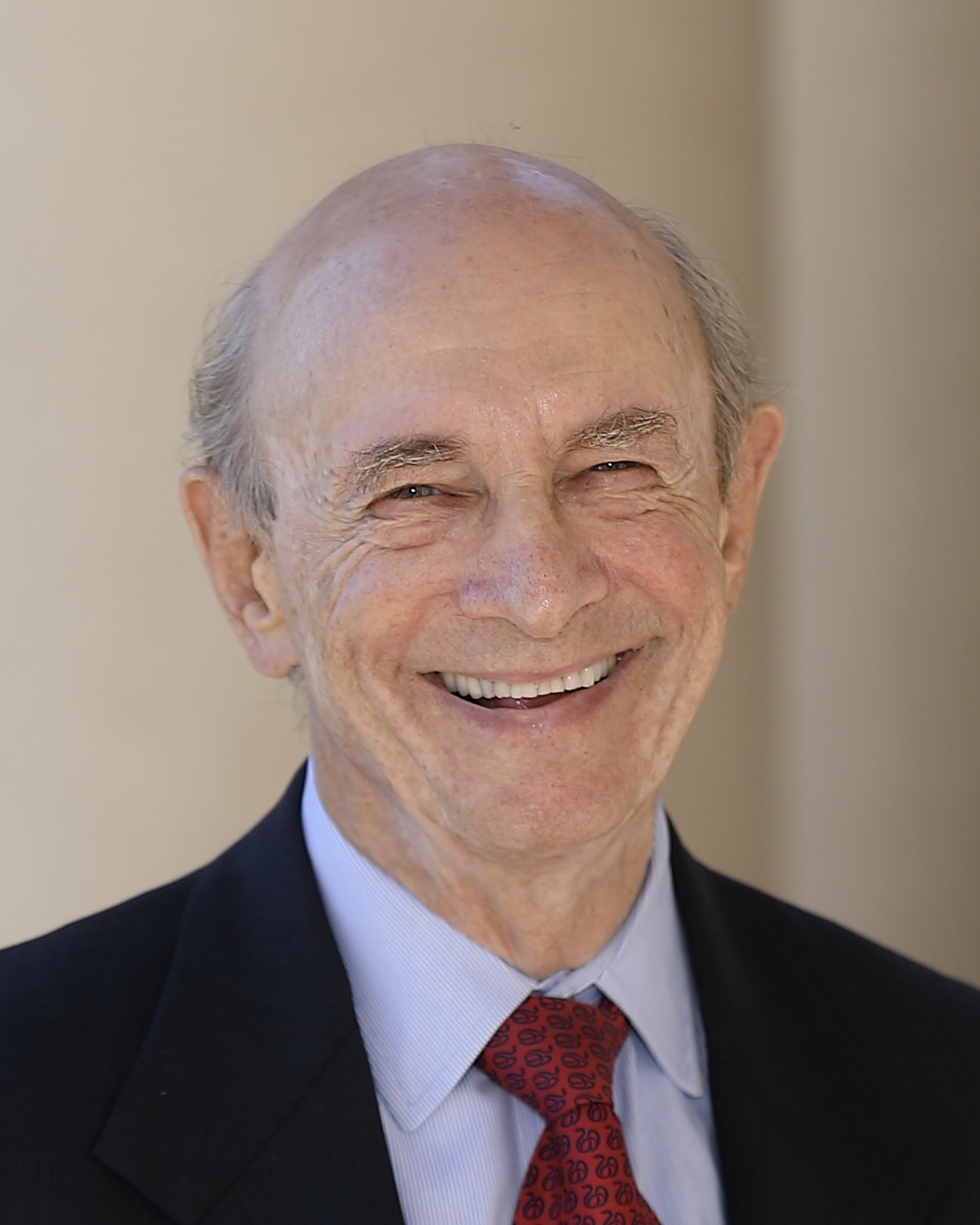
In this special session marking the 20th edition of the YES Meeting, we welcome former Presidents to reflect on the origins of this unique initiative, first launched in 2006. They will share how the idea of YES Meeting came to life, how it has evolved over the years, and the profound impact it continues to have on its participants. With biomedical research at its core, YES Meeting has always gone beyond science, promoting a wide range of skills and competencies. Our three distinguished guests embody this spirit, and will offer valuable insights into the diversity of the programme — from scientific and clinical biomedical research to informatics engineering and software development. Drawing from their own professional journeys in cancer biology, neuroscience, and technology, the speakers will also reflect on how YES shaped their careers and continues to inspire new generations. This session is both a celebration of our past and a forward-looking conversation about building a lasting legacy in science. It aims to inspire young researchers to explore the many career paths ahead — and discover why YES is the ideal place to begin that journey.
Filipe Carvalho obtained his MD degree from University of Porto, Portugal. He then moved to Johns Hopkins School of Medicine to perform the experimental work of his PhD. Dr. Carvalho completed his Urology Residency at MedStar Georgetown University Hospital and Urologic Oncology Fellowship at Harvard Medical School. Dr. Carvalho oversees a research laboratory that integrates genomic and transcriptomic data with pre-clinical models to define molecular mechanisms of cancer progression and resistance to therapy, with a particular focus on bladder and prostate cancer. Dr. Carvalho has been recognized and his work funded by the Bladder Cancer Advocacy Network, Karin Grunebaum Cancer Research Foundation, the American Urological Association and the National Cancer Institute
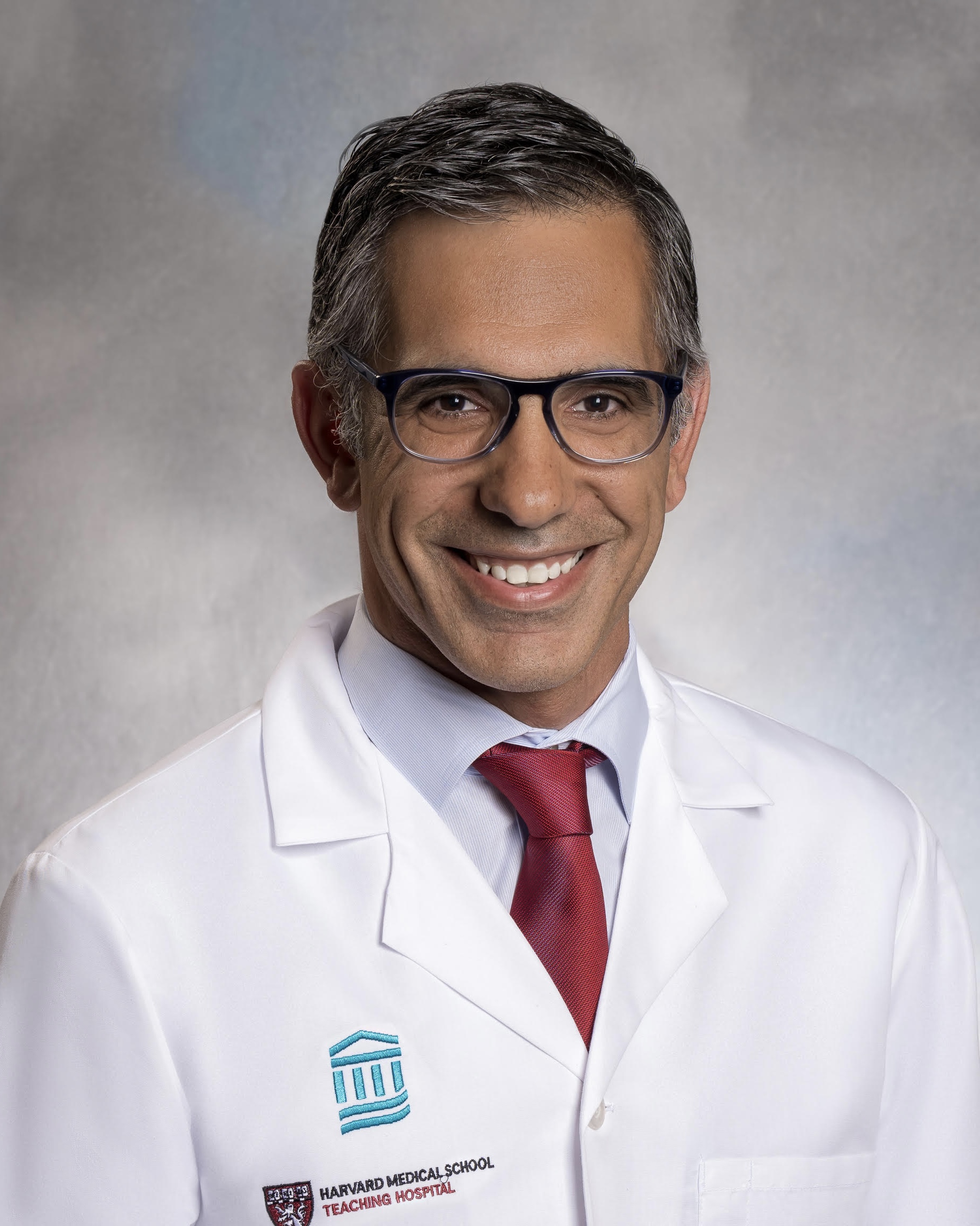
Tiago Salgado de Magalhães Taveira-Gomes is a physician and Assistant Professor at the Faculty of Medicine of the University of Porto (FMUP) and at the Faculty of Health Sciences of the Fernando Pessoa University. He completed a degree in Health Sciences, an Integrated Master’s in Medicine, and a PhD in Computer Science and Medical Education at FMUP. He obtained a Master's degree in Computer Engineering from the Faculty of Engineering of the University of Porto, with a particular focus on the application of AI in the context of Primary Health Care. He is also a specialist in General and Family Medicine With his professional career starting in the Portuguese National Health Service , always focused on the intersection between medicine, technology, and innovation, he is currently dedicated to academic and professional activities in the business environment and international consortia. He has founded several companies focused on different aspects of Digital Health and Artificial Intelligence in Healthcare. Currently, he is focused on implementing large-scale training initiatives for healthcare professionals, particularly in observational research using electronic health records, among other areas.
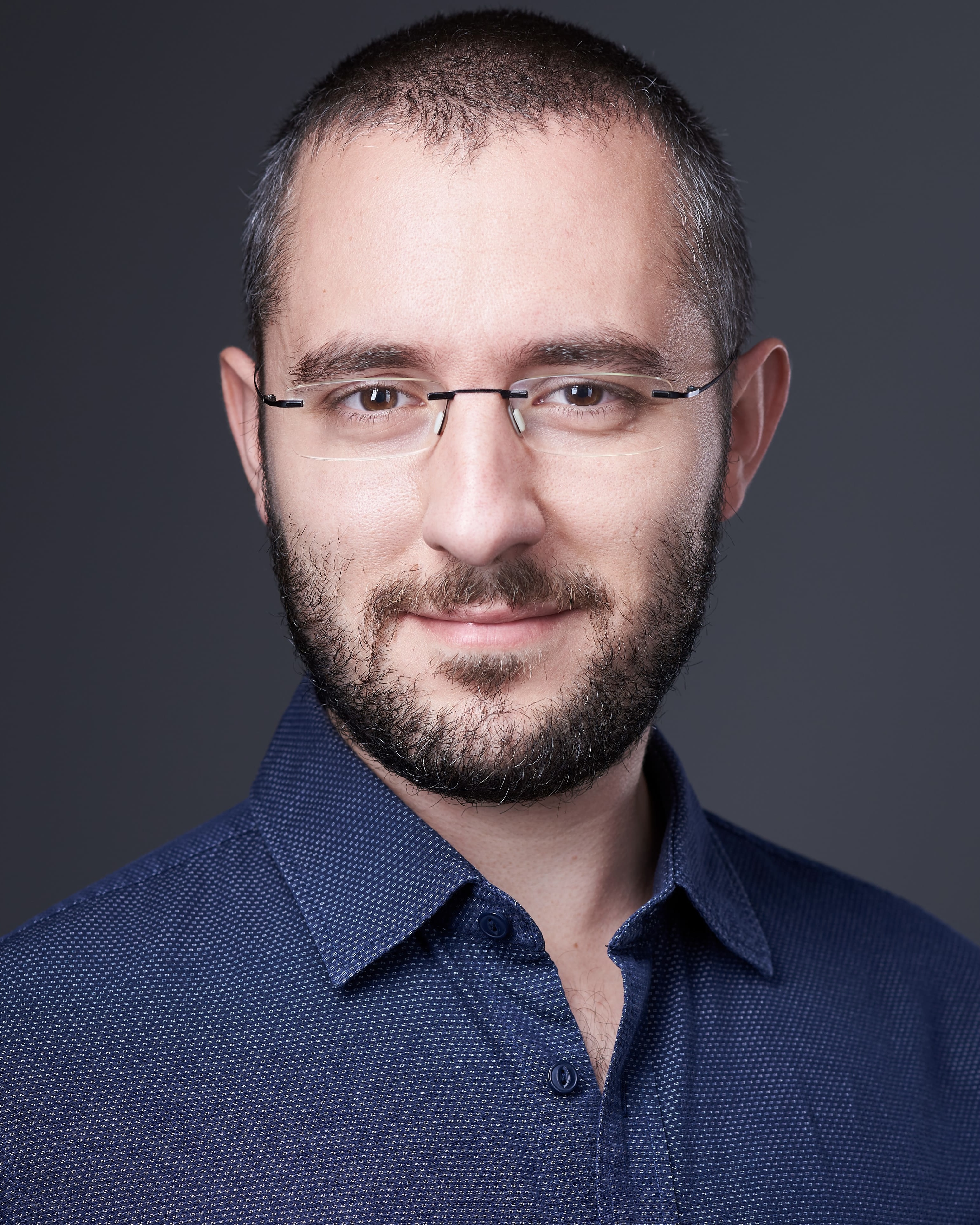
Professor Cristina Duque completed her Integrated Master's in Medicine at the Faculty of Medicine of the University of Porto in 2011 and subsequently completed the PhD program in Health Sciences at the Faculty of Medicine of the University of Coimbra. She carried out her PhD project at Northwestern University, in the United States of America, at the Age, Brain, and Cognition Laboratory (abcLAB), between 2016 and 2018. During this period, Professor Cristina Duque also completed the post-graduate training course Clinical Scholars Research Training at Harvard Medical School Portugal. In 2019, her training as a specialist in Neurology was completed at Centro Hospitalar Universitário de Coimbra and, since March 2020, she has been an hospital assistant at the stroke unit of Hospital de Pedro Hispano.
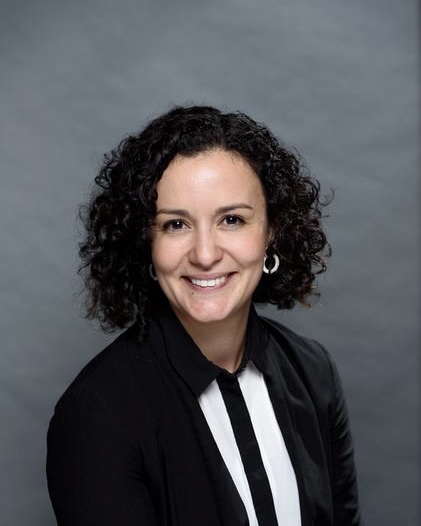
This session shines a spotlight on one of the brightest minds in biomedical science—a recipient of the prestigious Lasker Award. The Lasker Awards honor transformative discoveries in medicine and public health, celebrating work that has reshaped our understanding of human biology and disease. In this talk, Lotte Bjerre Knudsen will share the story behind their groundbreaking research, offering a behind-the-scenes look. Get ready to be inspired by a true pioneer in the field.
Lotte Bjerre Knudsen is a Danish national, born in 1964 in a small town near Copenhagen. Lotte has received numerous awards. Most recently, she was the recipient of the Danish Biotech LiLangerhans Award from the German Diabetes Association, the STAT Biomedical Innovation Award, a co-recipient of the American Association for the Advancement of Science Mani Bhaumik Breakthrough of the Year Award, and the Lasker Foundation Lasker-DeBakeyh & Early Development. She has deep experience across the entire value chain of drug discovery and development and has published extensively. Lotte is an inventor on many patents, all fully owned by Novo Nordisk. Specifically, to the area of GLP-1, Lotte is a co-inventor of liraglutide and has led all biology research programs for liraglutide and semaglutide from diabetes to obesity, cardiovascular, kidney and Alzheimer’s Disease. She has been part of representing Novo Nordisk in five FDA Advisory committees. Lotte has received numerous awards. Most recently, she was the recipient of the Danish Biotech Life-Time Achievement Award, the Paul Langerhans Award from the German Diabetes Association, the STAT Biomedical Innovation Award, a co-recipient of the American Association for the Advancement of Science Mani Bhaumik Breakthrough of the Year Award, and the Lasker Foundation Lasker-DeBakey Clinical Award.
From diabetes and obesity, to cardiovascular and kidney disease, and potentially further into addiction and neurodegeneration.
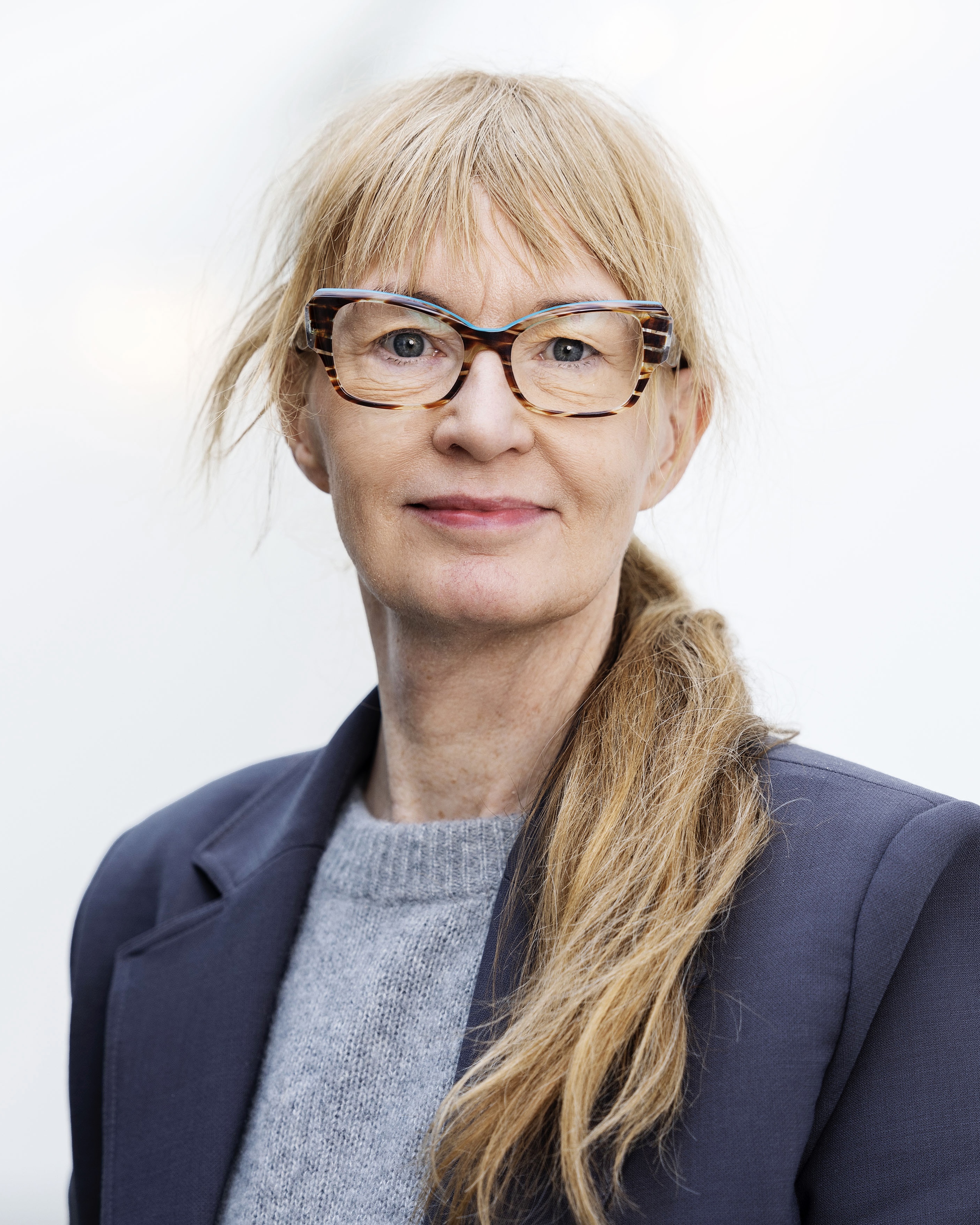
In the Neuroscience Session we will dive into two exciting frontiers in brain research: the mechanisms behind CADASIL, a genetic small vessel disease that affects the brain, and the groundbreaking potential of converting astrocytes into fully functional neurons. From understanding how mutations disrupt cerebral vessels to exploring how glial cells can be reprogrammed to repair neural circuits, this session promises cutting-edge science and inspiring insights into the future of neuroscience.
Benedikt Berninger studied biology at the university of Munich. He then did his dissertation on the role of neurotrophins in plasticity in the laboratory of Hans Thoenen at the Max Planck Institute of Psychiatry. Next, he joined the laboratory of Mu-ming Poo at the University of California, San Diego to study the effect of neurotrophins on synapses. This was followed by a short stay in the laboratory of Jonas Frisén at the Karolinska Institute, Stockholm, where he got introduced to the world of neural stem cells. He then returned to Munich to join the laboratory of Magdalena Götz where he discovered the potential of proneural factors Neurog2 and Ascl1 to reprogram astrocytes into neurons. In 2012 he became full professor at the University Medical Center Mainz and in 2018 joined King’s College London as a Wellcome Trust Investigator Awardee. His laboratory is interested in all aspects of glia-to-neuron conversion from the molecular underpinnings to circuit integration. Benedikt has a satellite affiliation with the Francis Crick Institute.
In his lecture professor Benedikt Berninger will discuss his team´s efforts to convert astrocytes in the mammalian cortex into neurons with subtype specific properties and function. Among others, he will provide insights into the molecular underpinnings of proneural factor driven lineage reprogramming and present his team´s evidence for functional integration of induced neurons.
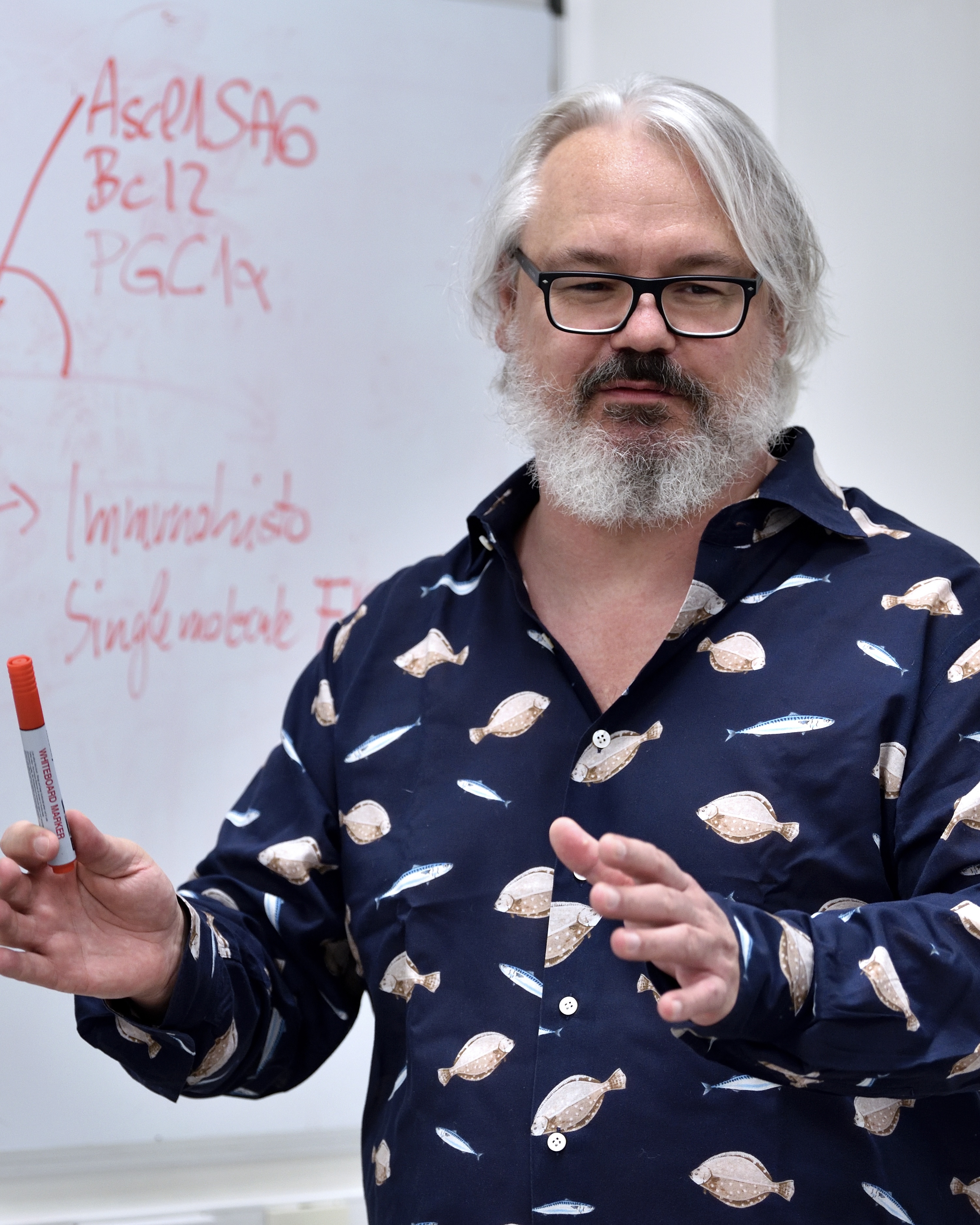
Anne Joutel has been trained in clinical neurology and in neurogenetics. She received her MD degree from the University Paris Denis Diderot, with board certification in Neurology, and her PhD degree from the University Pierre and Marie Curie. She is Research Director at Inserm and presently Group Leader at the Institute of Psychiatry and Neurosciences of Paris (France). The overall goal of her research is to understand mechanisms of cerebral small vessel disease (cSVD), an umbrella term used to designate a heterogeneous group of chronic diseases related to in situ pathology of brain vessels. cSVD accounts for ~25% of ischemic strokes, the vast majority of spontaneous intracerebral hemorrhage and is the most important vascular contributor to dementia. Her laboratory uses monogenic cSVD, namely forms of cSVD that occur in patients with a single gene defect, as paradigms to study the pathobiology of these complex diseases. Her lab has specific expertise in human genetics and molecular studies, ex vivo and in vivo studies of mouse models of cSVD, identification of novel molecular targets through unbiased (transcriptomics & proteomics) and hypothesis-driven studies.Her lab has produced seminal work on CADASIL, the most common monogenic cSVD, for which she was awarded the Brain Prize from the Lundbeck foundation. Recently her lab discovered the important role of the zonation of brain mural cells in cSVD-related intracerebral hemorrhage.
CADASIL (Cerebral Autosomal Dominant Arteriopathy with Subcortical Infarcts and Leukoencephalopathy) is a common cerebral small vessel disease caused by highly stereotyped dominant mutations in the NOTCH3 receptor. Loss of arterial smooth muscle cells (SMCs) and abnormal accumulation of the extracellular domain of the NOTCH3 receptor (Notch3ECD) are the two core features of the disease. Here we will provide an update on the mechanisms by which NOTCH mutations cause small vessel pathology.
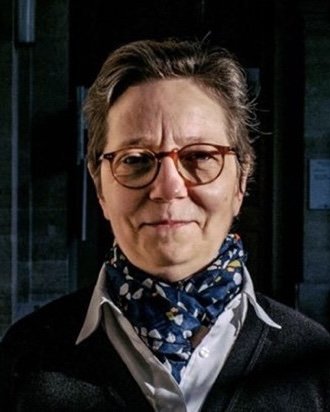
Artificial Intelligence is an increasingly pervasive reality in our society. We continuously strive to create artificial neural networks capable of accelerating and automating a variety of tasks. However, we seldom stop to reflect on the potential of our own brain to inspire and enhance these processes, as it provides a highly advanced system of intelligence. In the Biotechnology Session of this edition, we will explore how our brain and neurons can be leveraged to improve—or even surpass—Artificial Intelligence.
Miguel Xavier is a Researcher at the Medical Devices Research Group at the International Nanotechnology Laboratory (INL) in Portugal. Miguel’s work revolves around the development and application of novel microfluidic device designs to tackle some of the greatest health challenges of today’s society. Miguel’s interests include microfluidics, single-cell studies, and organ-on-chip and one of his current research goals includes studying circulating tumour cells from breast cancer patients to unravel patterns of cellular aggressiveness driving the onset of metastasis. Miguel obtained his PhD in 2018 from the University of Southampton. In 2017, Miguel received the Gold Medal for Excellence in Engineering at the STEM for Britain competition at the Houses of Parliament. He has authored numerous publications in the field, 10 of which as first author. Miguel thrives to become a world leader in microfluidics applied to Life Sciences, hoping to contribute towards superior healthcare with a direct impact on people’s quality of life.
Cancer is a multifactorial disease that accounts for 1 in every 6 deaths occurring each year worldwide, and metastasis remains accountable for more than 90% of all cancer deaths. In my talk, I will show how I have been using microfluidics and advanced 3D models to further our current understanding on what drives cancer metastasis, with the overarching goal of transforming how cancer is diagnosed and/or treated.

This year, we will dive into the fascinating ways cells communicate and manage internal organization - from how they stick together during cancer spread to how they handle foreign DNA.
Join us as we uncover the hidden codes behind how our cells work!
Ruth Kroschewski studied biology at Eberhard Karls university of Tübingen (Germany) finishing with a master thesis in immunology in the lab of Hans Georg Rammensee (Max Planck, Tübingen, Germany). After her PhD in the lab of Martin Bähler at Friedrich Miecher Laboratory (Max Planck, Tübingen, Germany) on unconventional myosins, she did her poct doc in the lab of Ira Mellman on the role of Cdc42 inepithelial polarity at Yale university (New Haven USA). Since 2000 she leads her own research group at ETH Zürich (Switzerland) studying mechanisms of cell diversity by focusing currently on the reaction of human cells to transfected plasmid DNA.
The genome of mammalian cells is challenged by extra chromosomal DNA introduced by viruses, bacteria, or transfection of plasmid DNA. However, how cells handle these DNA molecules is largely unknown. I will present mainly analyses of Hela cells stably expressing fluorescently tagged LacI protein and transfected with plasmid DNA containing LacO repeats (pLacO). We found thousands of transfected plasmids in predominantly one cytoplasmic cluster being propagated over several divisions. Cytoplasmic plasmid clusters are enclosed by a special membrane that is similar yet clearly distinct from the nuclear envelope. Besides plasmid also telomeric DNA, originating from the chromosomes, was found in such a cytoplasmic compartment. Live cell image analyses reveal how cells sort and keep extra-chromosomal DNA in this special cytoplasmic compartment, termed exclusome, and point to molecules relevant for this. Thus, our analyses show that mammalian cells differentiate exogenous and one type of endogenous extra-chromosomal DNA from chromosomal DNA. This suggests the presence of a machinery for the cellular defense of chromosomal DNA in the nucleus. Further, molecular analysis of this process indicates that early but not later steps of nuclear envelope formation occur around extra-chromosomal DNA, highlighting membrane enclosure as sorting mechanism and the nuclear envelope as reporter for “self”-DNA.
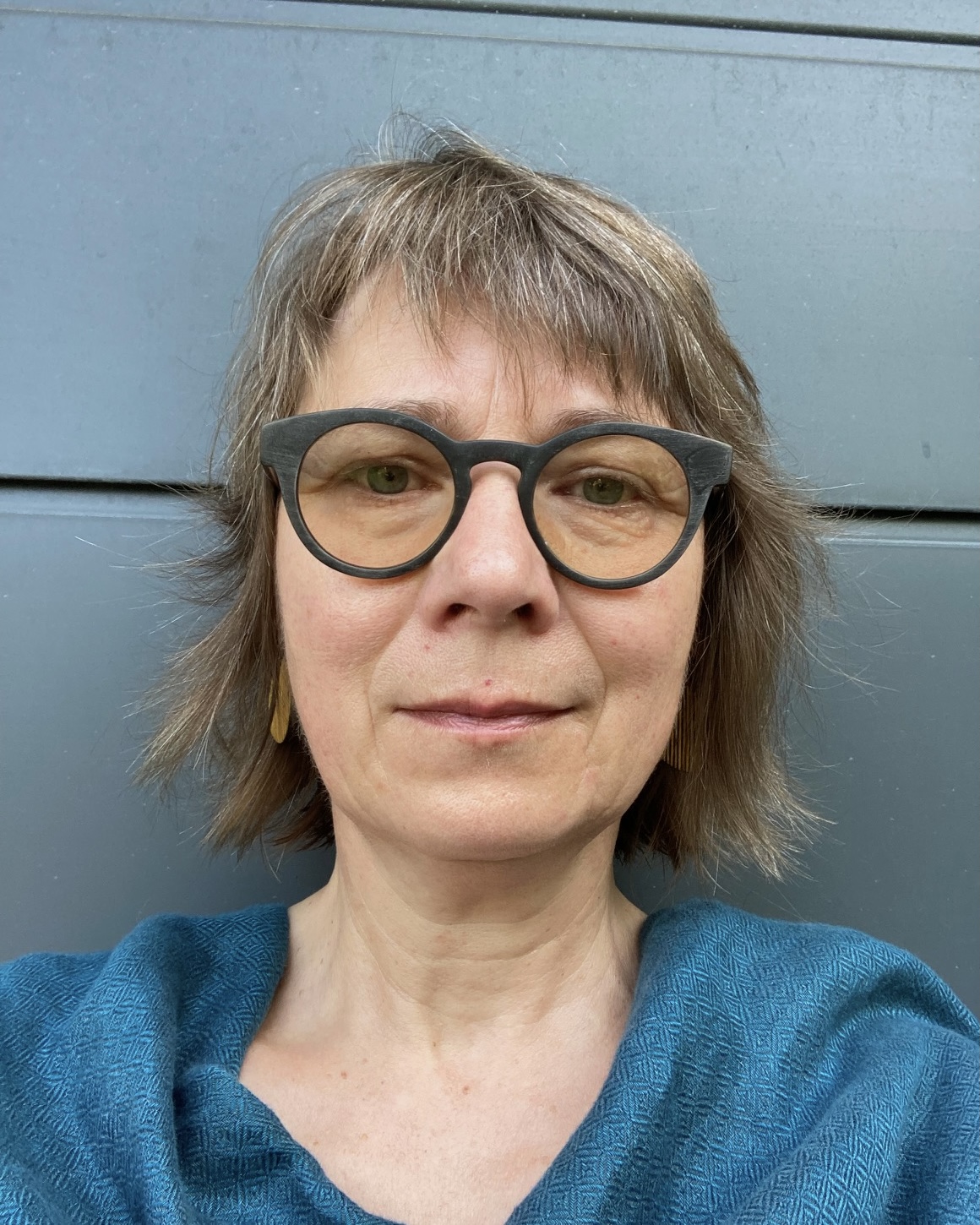
Professor Joana Paredes leads the Cancer Metastasis group at i3S and is an Affiliated Professor at the Faculty of Medicine, University of Porto. She served as President of the Portuguese Association for Cancer Research (ASPIC). With a PhD in Medicine from the University of Porto and research experience at Gent University (Belgium), Professor Joana Paredes has published 81 articles in international peer-reviewed journals and 4 book chapters. These manuscripts have gathered more than 3200 citations by peers, endowing her an h-index of 36. She already coordinated 14 and participated in 11 research projects and already acted as a reviewer of post-doc and PhD fellowships, as well as of scientific projects, for national and international agencies. As a mentor, Professor Paredes has already supervised or co-supervised 8 PhD students and 17 MSc students.
In her lecture, Professor Joana Paredes will focus on how cell-cell adhesion influences cancer invasion, metabolism, and stemness—particularly in breast cancer. Her work challenges the idea that loss of adhesion is necessary for metastasis, showing instead that P-cadherin–mediated adhesion promotes invasive and stem-like traits in cancer cells.
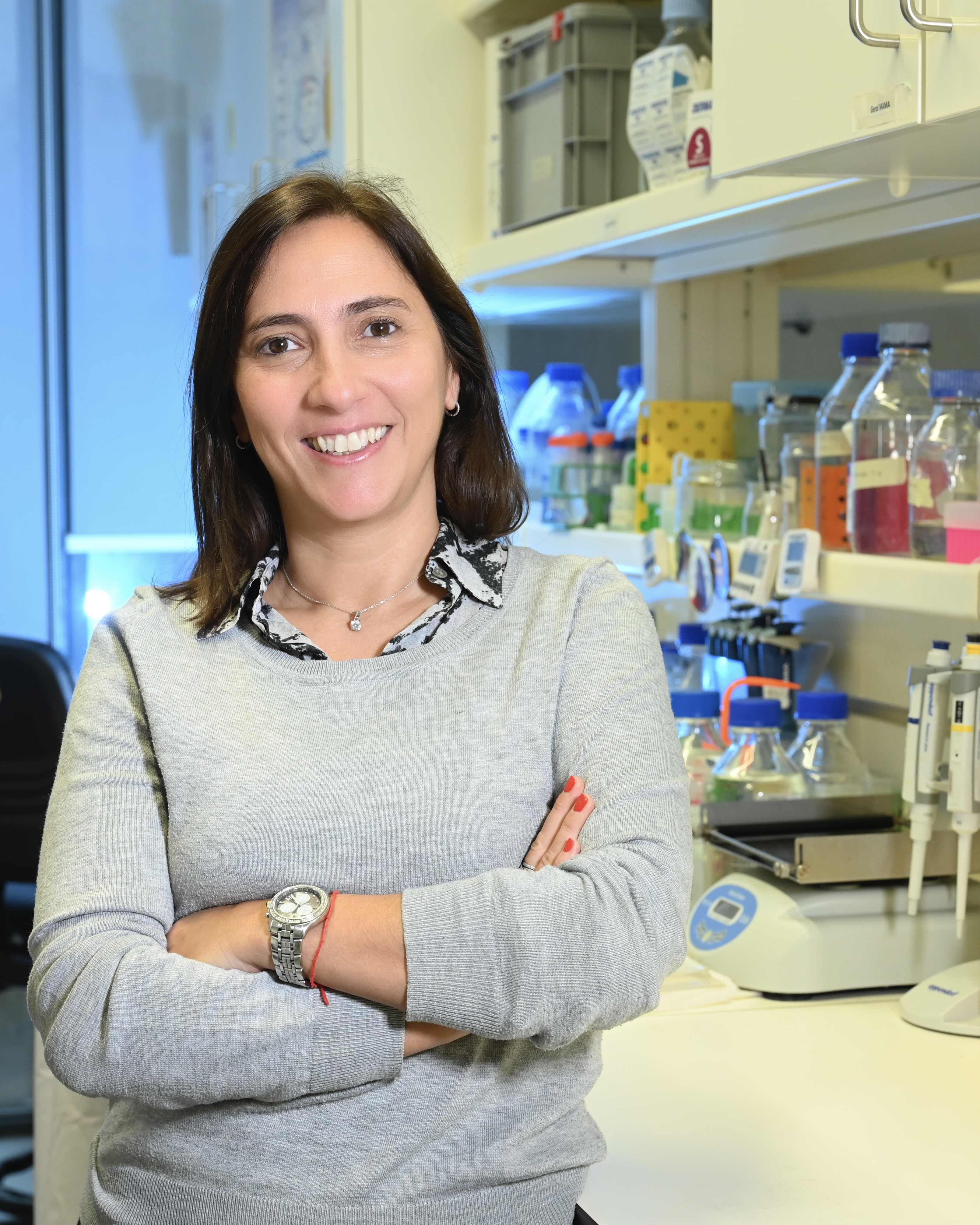
Forensic Sciences combine scientific methods and psychological knowledge to advance criminal investigations, with Forensic Psychiatry playing a key role in understanding the motivations and behavioral patterns of criminals. In addition, the analysis of physical evidence, such as blood spatter at a crime scene, allows investigators to reconstruct the sequence of events and identify potential intent. In this way, forensic sciences help to unravel complex crimes and provide evidence that is fundamental to achieving justice.
Heidi Hales has a dual training in child and adolescent psychiatry and forensic psychiatry. Much of her work has focused on adolescent forensic mental health but she has also worked in adult forensic psychiatry services and Child and Adolescent mental health services. Having worked as a consultant psychiatrist in HMYOI Feltham and HMYOI Cookham Wood, secure wards for adolescents at St Andrews Healthcare and West London NHS Trust, the North West London Community Forensic CAMHS team, HMP Holloway and West London adult community forensic service, she is now working in inpatient and community child and adolescent mental health services based in North Wales. She is an Honorary Senior Research Fellow at Bangor University and an Honorary Senior Lecturer with Cardiff University. She has completed a PhD investigating the effects of contact with suicide-related behaviour on young people in YOIs and in 2016 she was part of a team funded by NHSE to complete a service evaluation and census of all young people from England in secure care. She is co-founder and co-chair of GIRAF (Group of International Researchers in Adolescent Forensic Mental Health). Her main research interest is how to evaluate and improve treatment and care for young people who are in contact with the youth justice services due to emotional, mental health or neurodevelopmental needs and how we can learn from care systems in different jurisdictions through international research collaborations. Current research projects include investigating the outcomes for young people detained in a Secure Children’s Home in Wales, investigating what the ‘intervention’ of secure care is, investigating factors that influence decision making about locking up children, and evaluating the impact of sensory sensitivity for those placed on forensic mental health wards.
In this talk I will guide you through current thinking about violence risk in young people and how services have been developed to meet their needs in the UK and internationally. I will draw from literature on individula risk behaivours, mental and emotional mental health needs identified in those in prison and work being undertaken by GIRAF (Group of International Researchers in Adolescent Forensic Mental Health). Hopefully this will inspire you to consider Adolescent Forensic Mental Health as your career speciality and / or to be aware that those who are perpetrators are also in great need. By meeting their needs we can reduce community violence in the future.
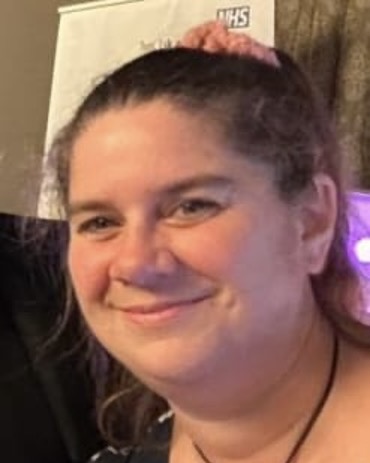
The clinical session of the 20th edition of the YES Meeting will be dedicated to the specialty of Gynecology and Obstetrics, with a focus on some of the most relevant and impactful conditions in gynecology and women’s health. Conditions of utmost relevance and profound impact on women’s health—endometriosis and ovarian cancer—will be explored. With the presence of two renowned professors in the field, this session will highlight the most recent clinical research related to these two conditions, as well as new approaches to their diagnosis and treatment.
Andrew Horne is a leading expert in women’s health, specializing in endometriosis and pelvic pain, and currently serves as Director of the Centre for Reproductive Health at the University of Edinburgh. With over 200 peer-reviewed publications to his name, Horne is a prominent researcher and a key figure in advancing understanding and treatment of reproductive health conditions. He holds multiple prestigious roles, including President-elect of the World Endometriosis Society, Trustee of Endometriosis UK, and Specialty Advisor to the Chief Medical Officer for Obstetrics and Gynaecology with the Scottish Government. Andrew Horne's academic and clinical expertise is grounded in his qualifications, which include a PhD from Imperial College London (2002), MRCOG from the Royal College of Obstetricians and Gynaecologists (2001), and an MBChB from the University of Edinburgh (1994). He is also an Honorary Consultant Gynaecologist with NHS Lothian and an Adjunct Professor at the University of Vienna. His leadership in the field continues to shape the future of reproductive health research and policy.
Professor Andrew has a vision that ultimately all medical interventions for women with endometriosis will have an underlying evidence base, demonstrating that their action does more good than harm. In case of uncertainty, he believes that patients must be informed of the evidence gap, and optimally, be offered participation in a clinical trial. To achieve this goal, he has established EXPPECT Edinburgh. EXPPECT brings together individuals involved in the clinical care of women with pelvic pain and endometriosis with discovery scientists to form a hub within which innovative approaches to pelvic pain treatment can be developed in collaboration with commercial partners. With the support of the EXPPECT team, he is most proud of the work that he has carried out to further the understanding of the aetiology of endometriosis and develop a potential non-hormonal treatment for the condition. His studies have shown that peritoneal mesothelial cells from women with endometriosis have an altered metabolic phenotype, similar to cancer cells. This finding has underpinned a body of work which has demonstrated that it is possible to treat women with endometriosis with a drug that has previously been tested in cancer and led to exploratory clinical trials in women. Taken together, his findings provide the rationale for targeting metabolic processes as a non-contraceptive treatment for women with endometriosis either as primary non-hormonal management or to prevent recurrence after surgery.
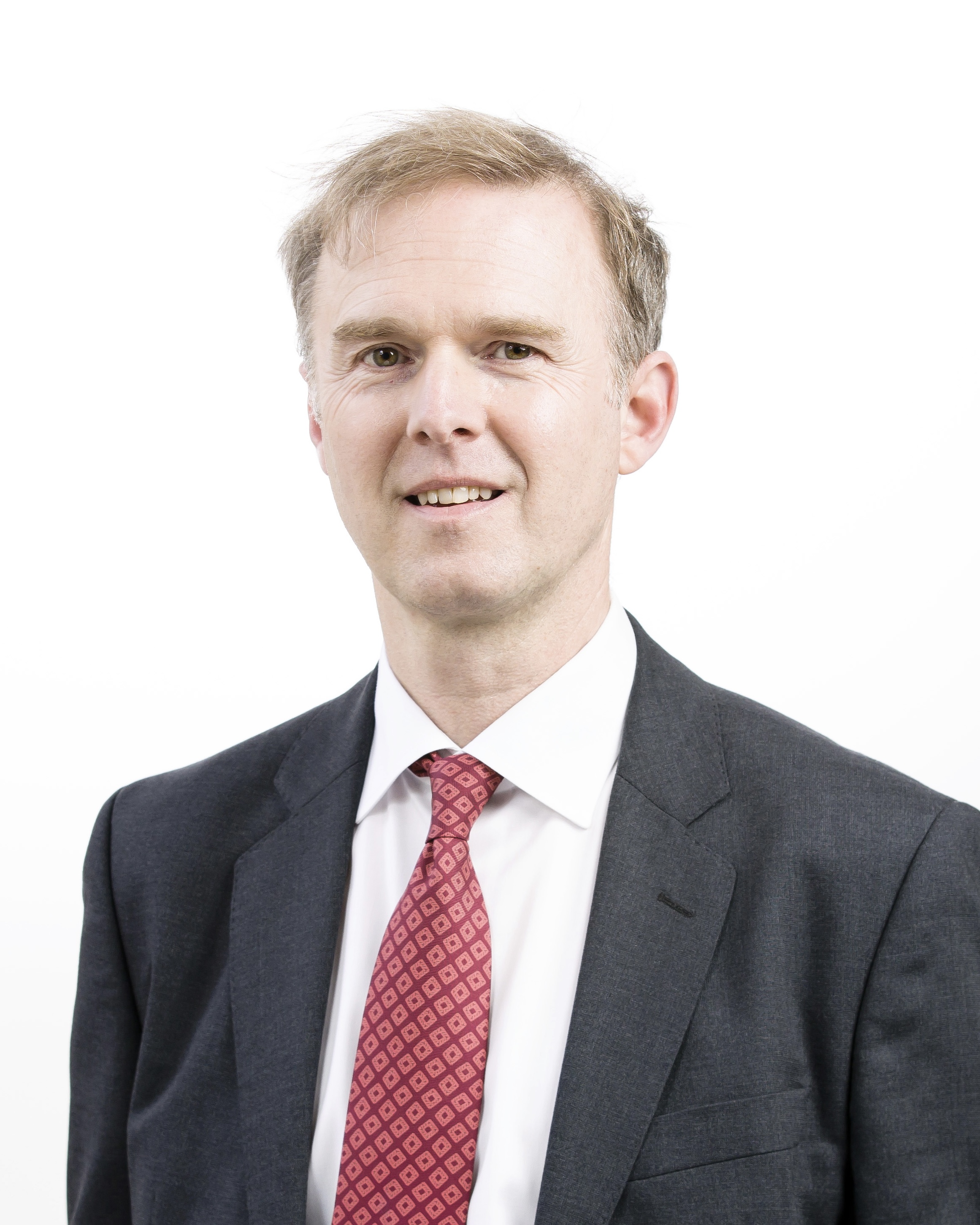
Stephen Franks is emeritus professor of reproductive endocrinology at Imperial College London. He is a clinical endocrinologist whose research is in the field of normal and disordered function of the hypothalamic-pituitary-ovarian axis with a major interest in polycystic ovary syndrome (PCOS). His research includes a focus on the interaction of genetic and environmental factors in the aetiology of the syndrome.
What we have learned about the causes and management of PCOS and why we need to continue to research this complex endocrine syndrome that is much more than simply a reproductive disorder.

The scientific session on transplants will focus on the importance of innovation for the advancement of this area of medicine. The session will highlight how innovations and new technologies can significantly improve outcomes and the quality of life for transplant patients.
Rainer Blasczyk is Full Professor of Transfusion Medicine and Head of the Institute of Transfusion Medicine and Transplant Engineering at Hannover Medical School (MHH), Hanover, Germany since 1998 as well as board member of the Transplantation Center at Hannover Medical School since 2019. He graduated in medicine from the Universities Bochum and Essen before completing postgraduate training at the Universities of Marburg, Essen, Duesseldorf and Berlin, where he started to work on Molecular Immunogenetics in 1993. After being appointed to his current position he initiated the research on transplant engineering. Professor Blasczyk has a long term research interest in solid organ transplantation and transplantation immunology with a main focus on transplant tolerance and transplant engineering. His work centers around the alloimmune response in organ transplantation and therapeutic interventions to combat rejection and infection. This includes cellular and humoral immunotherapy as well as genetic and transplant engineering approaches to achieve transplantation tolerance. Professor Blasczyk is founder and chairman of the Immunotherapy Foundation. He has been a member of the Advisory Board on Blood Products of the German Ministry of Health, President of the German Society of Immunogenetics (DGI) and the German Society of Transfusion Medicine and Immunohematology (DGTI) as well as a Board Member of the European Society of Immunogenetics (EFI).
Organ rejection is still the major challenge in transplantation, needing a fresh perspective to break new ground. Current methods focus on suppressing the recipient's immune response to achieve an ""immunological blindness"" to the transplanted organ. However, achieving transplant-specific tolerance remains an elusive goal. Instead, patients must endure a general and usually lifelong immunosuppression, which comes with significant health burdens. Our approach reimagines the solution to organ rejection. Rather than suppressing the recipient's immune system, we create an ""immunological invisibility"" of the donor organ by genetic engineering. Invisible organs offer the prospect of a life without rejection and immunosuppression, for better graft survival, better quality of life and more available organs.
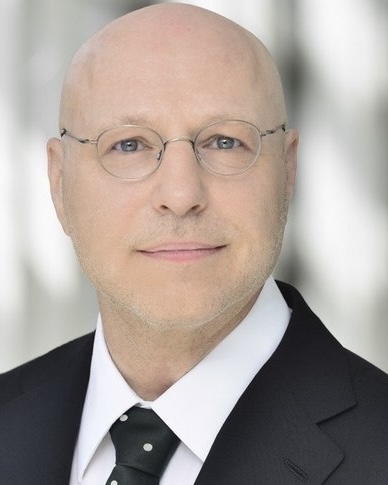

Department of Transfusion Medicine, National Institutes of Health (NIH)
Harvey J Alter, has been designated a Distinguished NIH Investigator, only one of 23 NIH scientists to hold that distinction. In his long career in clinical research, Dr. Alter has played a key role in the discovery of two hepatitis viruses, namely hepatitis B virus (HBV) and the non-A, non-B virus, later designated the hepatitis C virus (HCV). In long-term prospective studies, Alter helped define the natural history of NANB/HCV infection and proved its frequent progression to chronic hepatitis and its evolution to cirrhosis and liver related mortality. Dr. Alter was principal investigator in sequential prospective studies of transfusion-associated hepatitis (TAH) that were instrumental in influencing national blood policy and documented the progressive decline of TAH incidence from 33% in the 1960s to near zero in 1997. Millions of cases of TAH have been prevented through interventions documented in these studies. For these studies, Dr. Alter has been awarded the PHS Distinguished Service Medal, the AABB Landsteiner Prize, the First International Medal for Science from France’s INSERM, the American College of Physicians (ACP) Award for Outstanding Work in Science, and the Distinguished Achievement Award of AASLD. For his cumulative research accomplishments, Dr. Alter was elected to fellowship in the American Association of Physicians and received the prestigious Clinical Lasker Award and the Canada Gairdner International Award. He was elected to both the National Academy of Sciences and National Academy of Medicine and achieved Master status in the ACP. In 2020, Alter was awarded the Nobel Prize in Physiology and Medicine.
Professor Harvey J. Alter will trace the discovery of the non-A, non-B agent, its clinical consequences, its cloning and renaming to hepatitis C virus (HCV), its curative treatment and the eradication of transfusion-associated hepatitis

Harvard Medical School
Filipe Carvalho obtained his MD degree from University of Porto, Portugal. He then moved to Johns Hopkins School of Medicine to perform the experimental work of his PhD. Dr. Carvalho completed his Urology Residency at MedStar Georgetown University Hospital and Urologic Oncology Fellowship at Harvard Medical School. Dr. Carvalho oversees a research laboratory that integrates genomic and transcriptomic data with pre-clinical models to define molecular mechanisms of cancer progression and resistance to therapy, with a particular focus on bladder and prostate cancer. Dr. Carvalho has been recognized and his work funded by the Bladder Cancer Advocacy Network, Karin Grunebaum Cancer Research Foundation, the American Urological Association and the National Cancer Institute.

MTG Research & Development Lab
Tiago Salgado de Magalhães Taveira-Gomes is a physician and Assistant Professor at the Faculty of Medicine of the University of Porto (FMUP) and at the Faculty of Health Sciences of the Fernando Pessoa University. He completed a degree in Health Sciences, an Integrated Master’s in Medicine, and a PhD in Computer Science and Medical Education at FMUP. He obtained a Master's degree in Computer Engineering from the Faculty of Engineering of the University of Porto, with a particular focus on the application of AI in the context of Primary Health Care. He is also a specialist in General and Family Medicine With his professional career starting in the Portuguese National Health Service , always focused on the intersection between medicine, technology, and innovation, he is currently dedicated to academic and professional activities in the business environment and international consortia. He has founded several companies focused on different aspects of Digital Health and Artificial Intelligence in Healthcare. Currently, he is focused on implementing large-scale training initiatives for healthcare professionals, particularly in observational research using electronic health records, among other areas.

Hospital de Pedro Hispano
Professor Cristina Duque completed her Integrated Master's in Medicine at the Faculty of Medicine of the University of Porto in 2011 and subsequently completed the PhD program in Health Sciences at the Faculty of Medicine of the University of Coimbra. She carried out her PhD project at Northwestern University, in the United States of America, at the Age, Brain, and Cognition Laboratory (abcLAB), between 2016 and 2018. During this period, Professor Cristina Duque also completed the post-graduate training course Clinical Scholars Research Training at Harvard Medical School Portugal. In 2019, her training as a specialist in Neurology was completed at Centro Hospitalar Universitário de Coimbra and, since March 2020, she has been an hospital assistant at the stroke unit of Hospital de Pedro Hispano.

NovoNordisk
Lotte Bjerre Knudsen is a Danish national, born in 1964 in a small town near Copenhagen. Lotte has received numerous awards. Most recently, she was the recipient of the Danish Biotech LiLangerhans Award from the German Diabetes Association, the STAT Biomedical Innovation Award, a co-recipient of the American Association for the Advancement of Science Mani Bhaumik Breakthrough of the Year Award, and the Lasker Foundation Lasker-DeBakeyh & Early Development. She has deep experience across the entire value chain of drug discovery and development and has published extensively. Lotte is an inventor on many patents, all fully owned by Novo Nordisk. Specifically, to the area of GLP-1, Lotte is a co-inventor of liraglutide and has led all biology research programs for liraglutide and semaglutide from diabetes to obesity, cardiovascular, kidney and Alzheimer’s Disease. She has been part of representing Novo Nordisk in five FDA Advisory committees. Lotte has received numerous awards. Most recently, she was the recipient of the Danish Biotech Life-Time Achievement Award, the Paul Langerhans Award from the German Diabetes Association, the STAT Biomedical Innovation Award, a co-recipient of the American Association for the Advancement of Science Mani Bhaumik Breakthrough of the Year Award, and the Lasker Foundation Lasker-DeBakey Clinical Award
From diabetes and obesity, to cardiovascular and kidney disease, and potentially further into addiction and neurodegeneration.

King´s College London
Benedikt Berninger studied biology at the university of Munich. He then did his dissertation on the role of neurotrophins in plasticity in the laboratory of Hans Thoenen at the Max Planck Institute of Psychiatry. Next, he joined the laboratory of Mu-ming Poo at the University of California, San Diego to study the effect of neurotrophins on synapses. This was followed by a short stay in the laboratory of Jonas Frisén at the Karolinska Institute, Stockholm, where he got introduced to the world of neural stem cells. He then returned to Munich to join the laboratory of Magdalena Götz where he discovered the potential of proneural factors Neurog2 and Ascl1 to reprogram astrocytes into neurons. In 2012 he became full professor at the University Medical Center Mainz and in 2018 joined King’s College London as a Wellcome Trust Investigator Awardee. His laboratory is interested in all aspects of glia-to-neuron conversion from the molecular underpinnings to circuit integration. Benedikt has a satellite affiliation with the Francis Crick Institute.
In his lecture professor Benedikt Berninger will discuss his team´s efforts to convert astrocytes in the mammalian cortex into neurons with subtype specific properties and function. Among others, he will provide insights into the molecular underpinnings of proneural factor driven lineage reprogramming and present his team´s evidence for functional integration of induced neurons.

Institut de Psychiatrie et Neurosciences de Paris
Anne Joutel has been trained in clinical neurology and in neurogenetics. She received her MD degree from the University Paris Denis Diderot, with board certification in Neurology, and her PhD degree from the University Pierre and Marie Curie. She is Research Director at Inserm and presently Group Leader at the Institute of Psychiatry and Neurosciences of Paris (France). The overall goal of her research is to understand mechanisms of cerebral small vessel disease (cSVD), an umbrella term used to designate a heterogeneous group of chronic diseases related to in situ pathology of brain vessels. cSVD accounts for ~25% of ischemic strokes, the vast majority of spontaneous intracerebral hemorrhage and is the most important vascular contributor to dementia. Her laboratory uses monogenic cSVD, namely forms of cSVD that occur in patients with a single gene defect, as paradigms to study the pathobiology of these complex diseases. Her lab has specific expertise in human genetics and molecular studies, ex vivo and in vivo studies of mouse models of cSVD, identification of novel molecular targets through unbiased (transcriptomics & proteomics) and hypothesis-driven studies.Her lab has produced seminal work on CADASIL, the most common monogenic cSVD, for which she was awarded the Brain Prize from the Lundbeck foundation. Recently her lab discovered the important role of the zonation of brain mural cells in cSVD-related intracerebral hemorrhage.
CADASIL (Cerebral Autosomal Dominant Arteriopathy with Subcortical Infarcts and Leukoencephalopathy) is a common cerebral small vessel disease caused by highly stereotyped dominant mutations in the NOTCH3 receptor. Loss of arterial smooth muscle cells (SMCs) and abnormal accumulation of the extracellular domain of the NOTCH3 receptor (Notch3ECD) are the two core features of the disease. Here we will provide an update on the mechanisms by which NOTCH mutations cause small vessel pathology.

International Nanotechnology Laboratory (INL)
Miguel Xavier is a Researcher at the Medical Devices Research Group at the International Nanotechnology Laboratory (INL) in Portugal. Miguel’s work revolves around the development and application of novel microfluidic device designs to tackle some of the greatest health challenges of today’s society. Miguel’s interests include microfluidics, single-cell studies, and organ-on-chip and one of his current research goals includes studying circulating tumour cells from breast cancer patients to unravel patterns of cellular aggressiveness driving the onset of metastasis. Miguel obtained his PhD in 2018 from the University of Southampton. In 2017, Miguel received the Gold Medal for Excellence in Engineering at the STEM for Britain competition at the Houses of Parliament. He has authored numerous publications in the field, 10 of which as first author. Miguel thrives to become a world leader in microfluidics applied to Life Sciences, hoping to contribute towards superior healthcare with a direct impact on people’s quality of life.
Cancer is a multifactorial disease that accounts for 1 in every 6 deaths occurring each year worldwide, and metastasis remains accountable for more than 90% of all cancer deaths. In my talk, I will show how I have been using microfluidics and advanced 3D models to further our current understanding on what drives cancer metastasis, with the overarching goal of transforming how cancer is diagnosed and/or treated.

Cardiff University
Heidi Hales has a dual training in child and adolescent psychiatry and forensic psychiatry. Much of her work has focused on adolescent forensic mental health but she has also worked in adult forensic psychiatry services and Child and Adolescent mental health services. Having worked as a consultant psychiatrist in HMYOI Feltham and HMYOI Cookham Wood, secure wards for adolescents at St Andrews Healthcare and West London NHS Trust, the North West London Community Forensic CAMHS team, HMP Holloway and West London adult community forensic service, she is now working in inpatient and community child and adolescent mental health services based in North Wales. She is an Honorary Senior Research Fellow at Bangor University and an Honorary Senior Lecturer with Cardiff University. She has completed a PhD investigating the effects of contact with suicide-related behaviour on young people in YOIs and in 2016 she was part of a team funded by NHSE to complete a service evaluation and census of all young people from England in secure care. She is co-founder and co-chair of GIRAF (Group of International Researchers in Adolescent Forensic Mental Health). Her main research interest is how to evaluate and improve treatment and care for young people who are in contact with the youth justice services due to emotional, mental health or neurodevelopmental needs and how we can learn from care systems in different jurisdictions through international research collaborations. Current research projects include investigating the outcomes for young people detained in a Secure Children’s Home in Wales, investigating what the ‘intervention’ of secure care is, investigating factors that influence decision making about locking up children, and evaluating the impact of sensory sensitivity for those placed on forensic mental health wards.
In this talk I will guide you through current thinking about violence risk in young people and how services have been developed to meet their needs in the UK and internationally. I will draw from literature on individula risk behaivours, mental and emotional mental health needs identified in those in prison and work being undertaken by GIRAF (Group of International Researchers in Adolescent Forensic Mental Health). Hopefully this will inspire you to consider Adolescent Forensic Mental Health as your career speciality and / or to be aware that those who are perpetrators are also in great need. By meeting their needs we can reduce community violence in the future.

ETH Zürich
Ruth Kroschewski studied biology at Eberhard Karls university of Tübingen (Germany) finishing with a master thesis in immunology in the lab of Hans Georg Rammensee (Max Planck, Tübingen, Germany). After her PhD in the lab of Martin Bähler at Friedrich Miecher Laboratory (Max Planck, Tübingen, Germany) on unconventional myosins, she did her poct doc in the lab of Ira Mellman on the role of Cdc42 inepithelial polarity at Yale university (New Haven USA). Since 2000 she leads her own research group at ETH Zürich (Switzerland) studying mechanisms of cell diversity by focusing currently on the reaction of human cells to transfected plasmid DNA.
The genome of mammalian cells is challenged by extra chromosomal DNA introduced by viruses, bacteria, or transfection of plasmid DNA. However, how cells handle these DNA molecules is largely unknown. I will present mainly analyses of Hela cells stably expressing fluorescently tagged LacI protein and transfected with plasmid DNA containing LacO repeats (pLacO). We found thousands of transfected plasmids in predominantly one cytoplasmic cluster being propagated over several divisions. Cytoplasmic plasmid clusters are enclosed by a special membrane that is similar yet clearly distinct from the nuclear envelope. Besides plasmid also telomeric DNA, originating from the chromosomes, was found in such a cytoplasmic compartment. Live cell image analyses reveal how cells sort and keep extra-chromosomal DNA in this special cytoplasmic compartment, termed exclusome, and point to molecules relevant for this. Thus, our analyses show that mammalian cells differentiate exogenous and one type of endogenous extra-chromosomal DNA from chromosomal DNA. This suggests the presence of a machinery for the cellular defense of chromosomal DNA in the nucleus. Further, molecular analysis of this process indicates that early but not later steps of nuclear envelope formation occur around extra-chromosomal DNA, highlighting membrane enclosure as sorting mechanism and the nuclear envelope as reporter for “self”-DNA.

i3s
Professor Joana Paredes leads the Cancer Metastasis group at i3S and is an Affiliated Professor at the Faculty of Medicine, University of Porto. She served as President of the Portuguese Association for Cancer Research (ASPIC). With a PhD in Medicine from the University of Porto and research experience at Gent University (Belgium), Professor Joana Paredes has published 81 articles in international peer-reviewed journals and 4 book chapters. These manuscripts have gathered more than 3200 citations by peers, endowing her an h-index of 36. She already coordinated 14 and participated in 11 research projects and already acted as a reviewer of post-doc and PhD fellowships, as well as of scientific projects, for national and international agencies. As a mentor, Professor Paredes has already supervised or co-supervised 8 PhD students and 17 MSc students.
In her lecture, Professor Joana Paredes will focus on how cell-cell adhesion influences cancer invasion, metabolism, and stemness—particularly in breast cancer. Her work challenges the idea that loss of adhesion is necessary for metastasis, showing instead that P-cadherin–mediated adhesion promotes invasive and stem-like traits in cancer cells.

The University of Edinburgh
Andrew Horne is a leading expert in women’s health, specializing in endometriosis and pelvic pain, and currently serves as Director of the Centre for Reproductive Health at the University of Edinburgh. With over 200 peer-reviewed publications to his name, Horne is a prominent researcher and a key figure in advancing understanding and treatment of reproductive health conditions. He holds multiple prestigious roles, including President-elect of the World Endometriosis Society, Trustee of Endometriosis UK, and Specialty Advisor to the Chief Medical Officer for Obstetrics and Gynaecology with the Scottish Government. Andrew Horne's academic and clinical expertise is grounded in his qualifications, which include a PhD from Imperial College London (2002), MRCOG from the Royal College of Obstetricians and Gynaecologists (2001), and an MBChB from the University of Edinburgh (1994). He is also an Honorary Consultant Gynaecologist with NHS Lothian and an Adjunct Professor at the University of Vienna. His leadership in the field continues to shape the future of reproductive health research and policy.
Professor Andrew has a vision that ultimately all medical interventions for women with endometriosis will have an underlying evidence base, demonstrating that their action does more good than harm. In case of uncertainty, he believes that patients must be informed of the evidence gap, and optimally, be offered participation in a clinical trial. To achieve this goal, he has established EXPPECT Edinburgh. EXPPECT brings together individuals involved in the clinical care of women with pelvic pain and endometriosis with discovery scientists to form a hub within which innovative approaches to pelvic pain treatment can be developed in collaboration with commercial partners. With the support of the EXPPECT team, he is most proud of the work that he has carried out to further the understanding of the aetiology of endometriosis and develop a potential non-hormonal treatment for the condition. His studies have shown that peritoneal mesothelial cells from women with endometriosis have an altered metabolic phenotype, similar to cancer cells. This finding has underpinned a body of work which has demonstrated that it is possible to treat women with endometriosis with a drug that has previously been tested in cancer and led to exploratory clinical trials in women. Taken together, his findings provide the rationale for targeting metabolic processes as a non-contraceptive treatment for women with endometriosis either as primary non-hormonal management or to prevent recurrence after surgery.

Imperial College London
Stephen Franks is emeritus professor of reproductive endocrinology at Imperial College London. He is a clinical endocrinologist whose research is in the field of normal and disordered function of the hypothalamic-pituitary-ovarian axis with a major interest in polycystic ovary syndrome (PCOS). His research includes a focus on the interaction of genetic and environmental factors in the aetiology of the syndrome.
What we have learned about the causes and management of PCOS and why we need to continue to research this complex endocrine syndrome that is much more than simply a reproductive disorder.

Hannover Medical School
Rainer Blasczyk is Full Professor of Transfusion Medicine and Head of the Institute of Transfusion Medicine and Transplant Engineering at Hannover Medical School (MHH), Hanover, Germany since 1998 as well as board member of the Transplantation Center at Hannover Medical School since 2019. He graduated in medicine from the Universities Bochum and Essen before completing postgraduate training at the Universities of Marburg, Essen, Duesseldorf and Berlin, where he started to work on Molecular Immunogenetics in 1993. After being appointed to his current position he initiated the research on transplant engineering. Professor Blasczyk has a long term research interest in solid organ transplantation and transplantation immunology with a main focus on transplant tolerance and transplant engineering. His work centers around the alloimmune response in organ transplantation and therapeutic interventions to combat rejection and infection. This includes cellular and humoral immunotherapy as well as genetic and transplant engineering approaches to achieve transplantation tolerance. Professor Blasczyk is founder and chairman of the Immunotherapy Foundation. He has been a member of the Advisory Board on Blood Products of the German Ministry of Health, President of the German Society of Immunogenetics (DGI) and the German Society of Transfusion Medicine and Immunohematology (DGTI) as well as a Board Member of the European Society of Immunogenetics (EFI).
Organ rejection is still the major challenge in transplantation, needing a fresh perspective to break new ground. Current methods focus on suppressing the recipient's immune response to achieve an ""immunological blindness"" to the transplanted organ. However, achieving transplant-specific tolerance remains an elusive goal. Instead, patients must endure a general and usually lifelong immunosuppression, which comes with significant health burdens. Our approach reimagines the solution to organ rejection. Rather than suppressing the recipient's immune system, we create an ""immunological invisibility"" of the donor organ by genetic engineering. Invisible organs offer the prospect of a life without rejection and immunosuppression, for better graft survival, better quality of life and more available organs.
